The Criminal Justice System: A Guide to Criminal Procedure
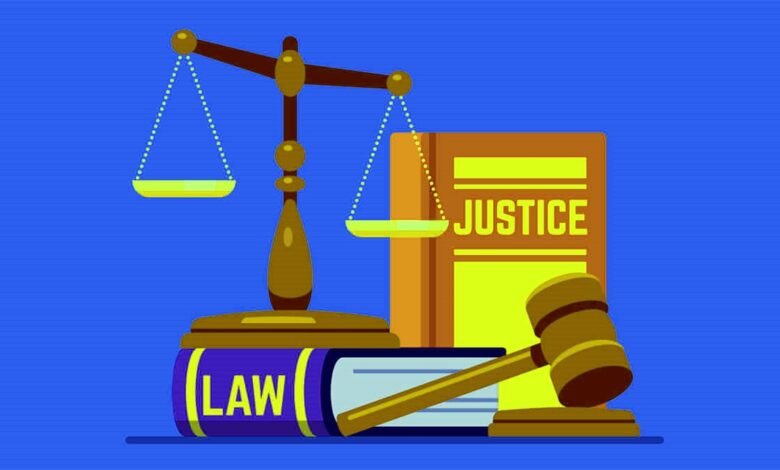
In the complex and often perplexing realm of the modern world, the Criminal Justice System stands as a cornerstone of order, fairness, and the protection of individual rights. This guide is a comprehensive exploration of the intricate web of procedures that make up the backbone of the criminal justice system, shedding light on its inner workings, the roles of key players, and the fundamental principles that underpin it.
Whether you’re a concerned citizen, a student of law, or someone navigating the system, understanding the nuances of criminal procedure is vital to ensuring that justice is served and the rights of individuals are safeguarded. Let’s embark on this journey through the corridors of justice and uncover the mechanisms that shape our legal landscape.
What is the Criminal Justice System?
The criminal justice system is a complex network of legal and governmental institutions designed to maintain order, enforce the law, and administer justice in cases involving criminal activities. It encompasses multiple stages, each with its unique purpose and set of procedures.
The Key Players
To comprehend the criminal justice system, one must first become familiar with the individuals and agencies involved in its operation.
Law Enforcement
- Police Officers: These front-line responders are responsible for investigating crimes, apprehending suspects, and gathering evidence.
- Detectives: They specialize in solving complex criminal cases by analyzing evidence and identifying culprits.
The Judiciary
- Judges: These legal professionals preside over court proceedings, make legal rulings, and sentence individuals found guilty of crimes.
- Prosecutors: They represent the government and work to convict individuals accused of crimes.
- Defense Attorneys: These legal advocates defend the rights and interests of the accused.
Corrections
- Prison Officers: They oversee incarcerated individuals and ensure the safe and lawful operation of correctional facilities.
- Probation and Parole Officers: They supervise individuals released from prison or on probation.
Read More: Exploring Criminal Liability: Criminal Law Fundamentals
Criminal Procedure – Step by Step

Now, let’s explore the detailed process that a criminal case follows, from investigation to resolution.
Investigation
The journey through the criminal justice system commences with a crime being reported or discovered. Law enforcement agencies then initiate an investigation to collect evidence, interview witnesses, and apprehend suspects.
Arrest
Once enough evidence has been gathered, the police can make an arrest, taking the accused into custody.
Booking
During booking, the arrested individual’s personal information is recorded, and they are often photographed and fingerprinted.
Initial Appearance
The accused is brought before a judge, informed of their rights, and bail may be set.
Preliminary Hearing
This is a legal proceeding where the prosecution presents evidence to demonstrate that there is probable cause to proceed to trial.
Grand Jury
In some cases, the prosecution may present evidence to a grand jury to obtain an indictment.
Arraignment
The accused is formally charged, and they enter a plea of guilty, not guilty, or no contest.
Pre-Trial Motions
Both the prosecution and defense may file motions to request specific actions from the court.
Trial
The trial is where the evidence is presented, witnesses are called, and a judge or a jury decides the case.
Sentencing
If the accused is found guilty, a separate sentencing hearing determines the punishment.
Appeals
Either party can appeal the verdict, citing legal errors or unfairness.
Incarceration or Probation
If sentenced to prison, the convicted individual serves their sentence. Others may receive probation or parole.
Release
Upon completing their sentence, individuals are released, often under supervision.
Post-Release Supervision
Those on probation or parole are monitored to ensure compliance with the terms of their release.
Record Expungement
In some cases, individuals may seek to have their criminal records expunged or sealed, allowing them to move forward with a clean slate.
Read More: The Law Firm Data Migration Process
Conclusion
In conclusion, the Criminal Justice System is a complex and essential component of society, ensuring that the principles of justice and the rule of law are upheld. As we’ve explored the intricate process of criminal procedures, the roles of key players, and the safeguards in place, it becomes evident that understanding this system is crucial for all individuals. By being informed about your rights and responsibilities, you can actively participate in the quest for a fair and just legal process. The system is designed to balance the interests of justice and the rights of the accused, ultimately striving to maintain order and protect the well-being of our communities.
FAQs
Can an individual represent themselves in court?
Yes, individuals have the right to represent themselves, but it’s often advisable to seek legal counsel for a fair trial.
What is the difference between probation and parole?
Probation is a sentence instead of incarceration, while parole is the supervised release of individuals from prison before their sentence ends.
How can I delete my criminal record?
The process varies by jurisdiction but typically involves filing a petition with the court and meeting specific criteria.
What happens if someone is found not guilty?
If a defendant is found not guilty, they are released, and the charges against them are dropped.
How can I contact a defense attorney?
You can contact a defense attorney by seeking a referral from a bar association, searching online, or through a public defender if you qualify.
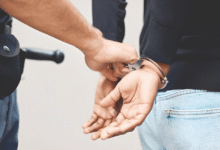
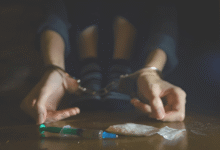
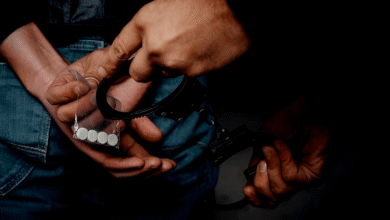
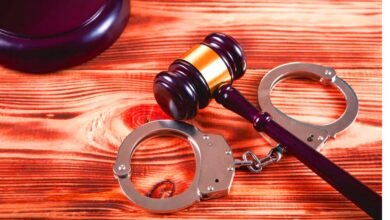


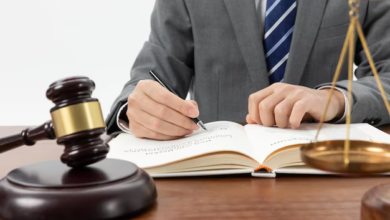
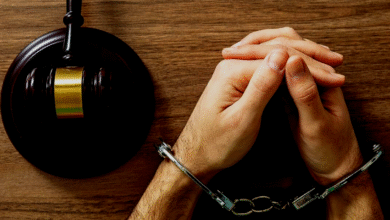
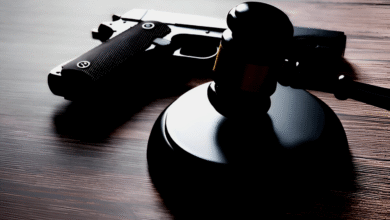



One Comment